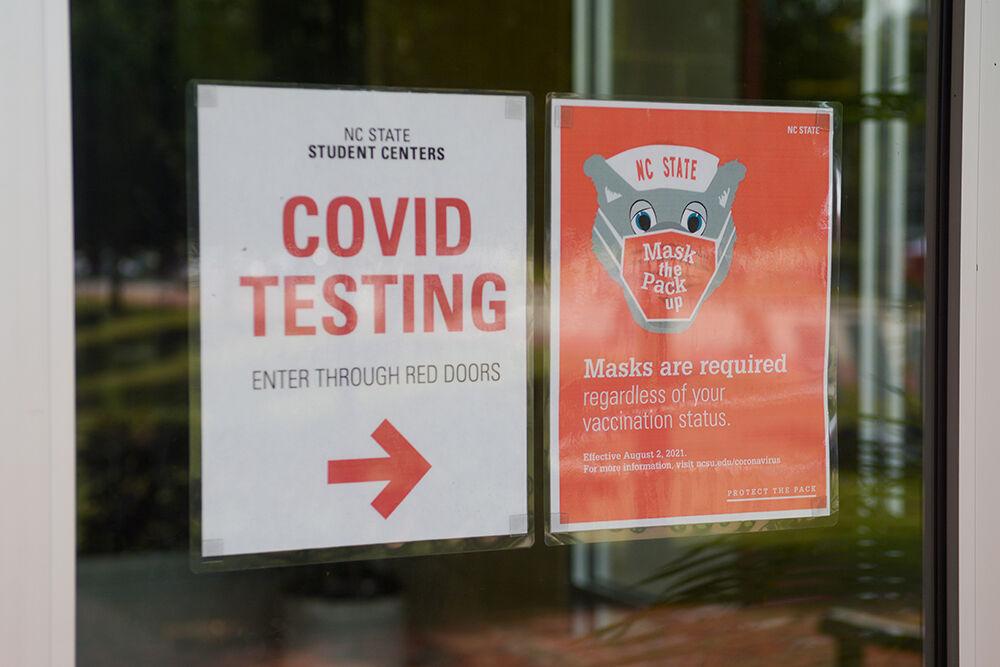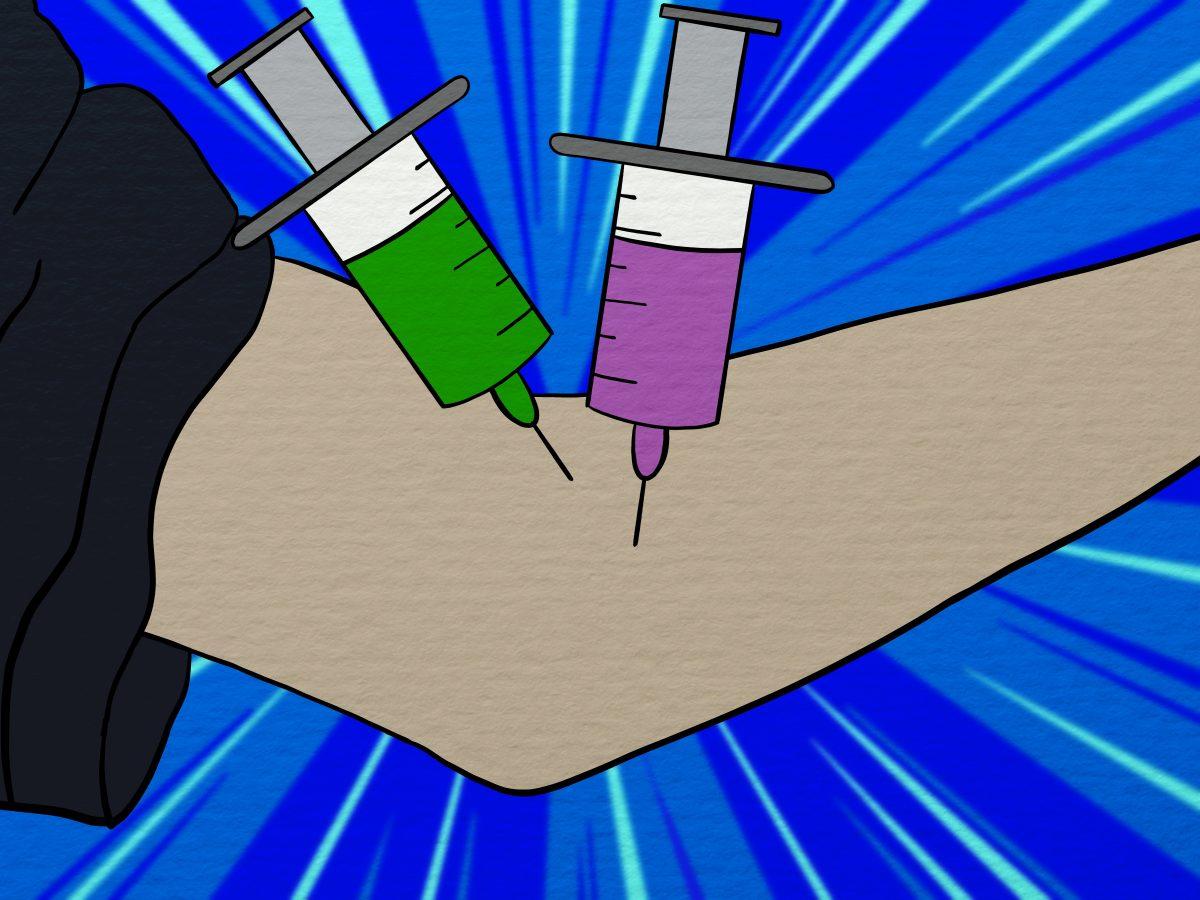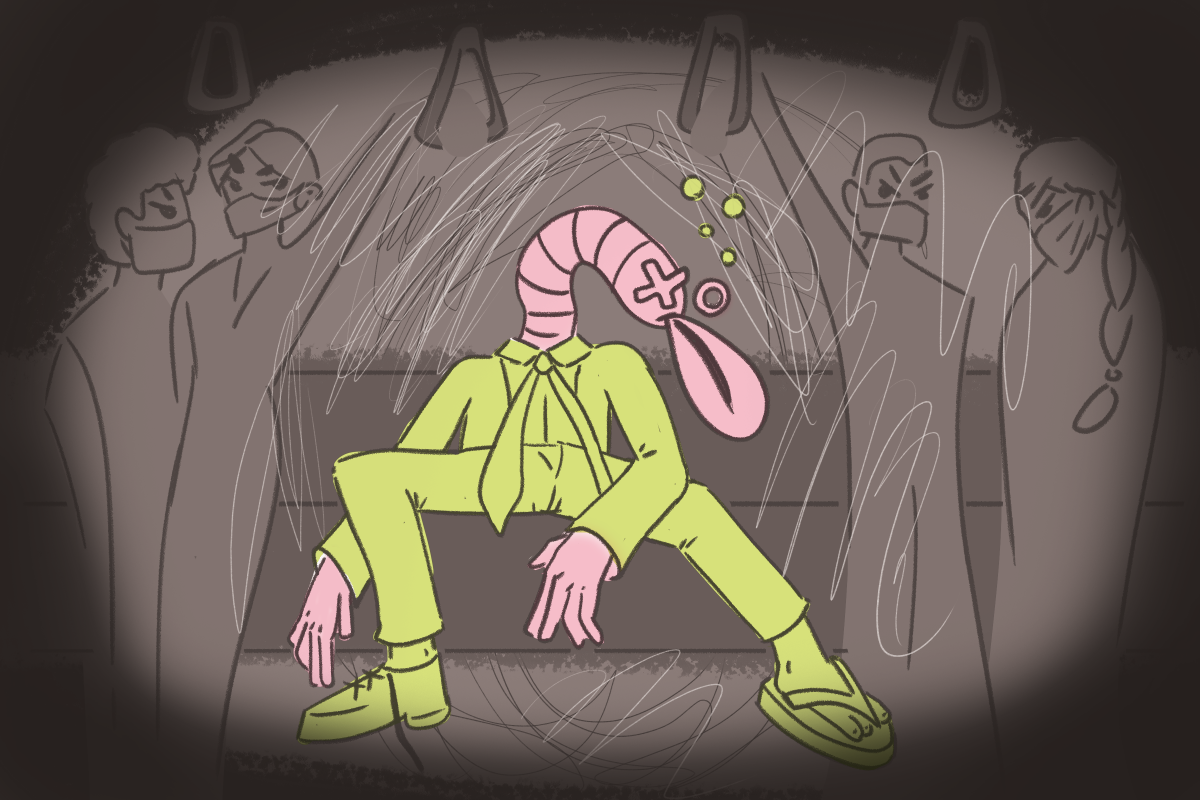By now, readers on any NC State mailing list will likely be exhausted with information about the coronavirus, but as we approach the first week of distance education, which is likely to take a toll on students’ and professors’ mental health alike, it’s important to talk about why these measures are so necessary.
At the time of writing, the CDC reports 15,219 cases of the new coronavirus in the U.S. While this is quite a large number, it still pales in comparison to the millions of people who get the flu each year, which can understandably lead people to question why essentially shutting down the economy is worth it. The reason is that the new coronavirus can be much more dangerous than the flu, and we have no medicine currently capable of stopping it.
Fortunately for students, our state and our universities acted quickly to cut off the spread of the virus, with there being just over 250 reported cases in North Carolina at the time of publication, 40 of which were in Wake County. So while we may all complain about the new stresses we face having to stay focused on schoolwork amid concerns about rent, toilet paper and a lack of motivation, we should at least be grateful that these measures will protect the health of ourselves and those we love. The most important things we can do now are to not panic, to keep in touch with friends and family, and to regularly clean our hands and phones.
Stories abound of grocery stores running out of hand sanitizer, toilet paper and bread, because people are scared they won’t have access to these things in the future. In fact, most of these products are being producedat or above normal rates to keep up with heightened demand, so any shortages are completely artificial, caused by panicked hoarding of everyday goods. So if you’re running low on anything and have easy access to a store, try not to buy more than a few days’ supply to make sure everyone can get what they need. Most likely, you’ll be able to restock the next time you go shopping.
One area where you absolutely should change your behavior is with washing your hands and disinfecting your surroundings. Humans unconsciously touch their faces multiple times an hour, which is problematic because the virus can only infect you through your eyes, nose and mouth.
However, while we can and should try to control this, there’s a limit to how long you can think about what your hands are doing, so you should try to keep your hands as clean as possible. Hand-washing or using hand sanitizer are both effective at killing the virus, so washing your hands after using the restroom, before eating or after touching a public surface is a great way to go.
Disinfecting surfaces is also essential, especially your phone or other objects you might touch immediately after cleaning your hands. Especially your phone! Several studies have found the number of germs on your phone match or even exceed those on nasty surfaces like toilet seats.
Last of all, even though we should all be practicing social distancing, as social creatures, we should also keep in touch with friends and family in this stressful time. Try to engage with your professors during scheduled Zoom meeting times, ask your classmates how they’re doing with the homework, and update your friends with how you’re fighting off cabin fever.
By using a wide variety of strategies to minimize spread of the virus, we can dramatically slow the rate of infection and ensure that hospitals won’t be overwhelmed by new cases. Our sacrifices today could mean the difference between relatively few people dying and an overwhelming, heartbreaking death toll. The skills we learn from this pandemic may also better prepare us for future, even deadlier diseases, so we can avoid a repeat of the great plagues that have threatened our society for centuries.
With proper precautions, we can #FlattenTheCurve and protect our most vulnerable peers until hospitals and researchers can better manage the outbreak, which will hopefully lead to a vaccine and new treatments within a year or two. Stay healthy, Wolfpack.



















